|
with Angela Harris Analysis Chapters 13-18  We finished up our discussion of The Chosen by going over the events of Book Three. I think for the most part everyone enjoyed this novel; I know I certainly did. In Book Three, the two boys choose their individual paths and make peace with Reb Saunders. Danny goes to Columbia University to study psychology and Reuven tells his father he intends to become a rabbi. We took a three-page final quiz on the entire novel as a way to gauge our retention of many of the basic facts of the book. I think everyone grasped the novel quite well. Sigmund Freud 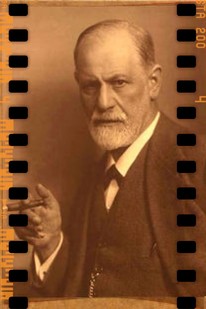 In The Chosen, Danny Saunders is drawn to the ideas of Sigmund Freud, much to the dismay of the adults in his life. Our mini-lesson this week focused on Freud, who he was, his ideas, and his life. After quickly reviewing a handout and maps of Moravia and Austria (where Freud spent much of his time) I think the students had a pretty good idea of why Freud would have seemed a rather shocking choice for a devoutly religious Hasid during this time frame. We then had some fun with a True/False quiz on dream interpretation and a writing exercise that asked the students to think of themselves in abstract, non-concrete terms and then try to explain their responses. For instance, if I were to say "mountain" or "valley," which word would you associate yourself with and why? We had some fun with this, and I really enjoyed hearing the students explanations for their choices. They revealed a deep understanding of their natures which I think quite rare for this age! Good stuff. Remaining Essays and Final Projects Students have until January 6 to submit any remaining essays and their final projects. If there are any questions on possible topics for the final, please let me know. Each student should have written a total of four exploratory essays for this session, as well as the final project. If you have any questions about what essays are still due, please consult the syllabus first, and then let me know if you have any further questions/concerns about completing your work. In addition, please read the following radio address by Albert Einstein. "The Dispersal of European Jewry” is the transcription of an address by radio for the United Jewish Appeal, broadcast March 22, 1939 in the USA, when World War II and the Holocaust were yet about to begin. Albert Einstein considered himself a Zionist (same as Mr. Malter in The Chosen). The Dispersal of European Jewry (March 1939) by Albert Einstein Albert Einstein Albert Einstein The history of the persecutions which the Jewish people have had to suffer is almost inconceivably long. Yet the war that is being waged against us in Central Europe today falls into a special category of its own. In the past we were persecuted despite the fact that we were the people of the Bible; today, however, it is just because we are the people of the Book that we are persecuted. The aim is to exterminate not only ourselves but to destroy, together with us, that spirit expressed in the Bible and in Christianity which made possible the rise of civilization in Central and Northern Europe. If this aim is achieved Europe will become a barren waste. For human community life cannot long endure on a basis of crude force, brutality, terror, and hate. Only understanding for our neighbors, justice in our dealings, and willingness to help our fellow men can give human society permanence and assure security for the individual. Neither intelligence nor inventions nor institutions can serve as substitutes for these most vital parts of education. Many Jewish communities have been uprooted in the wake of the present upheaval in Europe. Hundreds of thousands of men, women, and children have been driven from their homes and made to wander in despair over the highways of the world. The tragedy of the Jewish people today is a tragedy which reflects a challenge to the fundamental structure of modern civilization. One of the most tragic aspects of the oppression of Jews and other groups has been the creation of a refugee class. Many distinguished men in science, art, and literature have been driven from the lands which they enriched with their talents. In a period of economic decline these exiles have within them the possibilities for reviving economic and cultural effort; many of these refugees are highly skilled experts in industry and science. They have a valuable contribution to make to the progress of the world. They are in a position to repay hospitality with new economic development and the opening up of new opportunities of employment for native populations. I am told that in England the admission of refugees was directly responsible for giving jobs to 15,000 unemployed. As one of the former citizens of Germany who have been fortunate enough to leave that country, I know I can speak for my fellow refugees, both here and in other countries, when I give thanks to the democracies of the world for the splendid manner in which they have received us. We, all of us, owe a debt of gratitude to our new countries, and each and every one of us is doing the utmost to show our gratitude by the quality of our contributions to the economic, social, and cultural work of the countries in which we reside. It is, however, a source of gravest concern that the ranks of the refugees are being constantly increased. The developments of the past week have added several hundred thousand potential refugees from Czechoslovakia. Again we are confronted with a major tragedy for a Jewish community which had a noble tradition of democracy and communal service. The power of resistance which has enabled the Jewish people to survive for thousands of years is a direct outgrowth of Jewish adherence to the Biblical doctrines on the relationship among men. In these years of affliction our readiness to help one another is being put to an especially severe test. Each of us must personally face his test, that we may stand it as well as our fathers did before us. We have no other means of self-defense than our solidarity and our knowledge that the cause for which we are suffering is a momentous and sacred cause. See you on-line Wednesday, Jan. 7, 2015, for
|
| Our next trial will be The Republic of Rome v. Marcus Brutus based on the assassination of Julius Caesar who was stabbed to death in the Roman Senate on March 15, 44 BC. Unlike our previous mock trials which were based on fairy tales, this trial is based on a real historical event. Students will need to spend some time researching the time period and events leading up to this incident. |
Prosecution Attorneys: Nia, Mary
Defense Attorneys: Caleb, Victoria
Defense Research: Olivia O.
Ghost of Julius Caesar: Fiona
Calpurnia: Olivia C.
Mark Antony: Lauren
Cassius: Ellen
Portia: Sadie
Marcus Brutus: John
Casca: Maximilian
Soothsayer: Ava
HOMEWORK
All Students:
1. Spend some time this week researching Ancient Rome and the Roman Republic during the lifetime of Julius Caesar. HERE is one (of many) links on the topic to get you started. Who was Julius Caesar? Was he well-liked and respected? Was he powerful? Why would members of his own Senate turn against him? What is a republic?
2. Read your own affidavit (if you are a witness) and research your historical figure. Read the other witness affidavits to get an overall understanding of the murder of Caesar and the role that each individual in this trial played.
The Affidavits Document
Student Attorneys:
Think about your theory of the case and what story line and argument you want to develop. Work together if possible this week to communicate your ideas. In class next week you will write opening statements and begin to develop direct examination questions with your witnesses.
As always, if you have questions or need guidance, please reach out to me so that I may help direct you.
Good Luck!
Analysis Chapters 4-7
Understanding D-Day
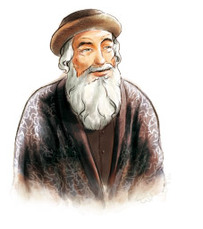
We did take some time to connect the four main characters and establish what their relationships and feelings are to and for one another. I think we are enjoying the storyline thus far and are interested to see how Danny's and Reuven's friendship develops, as well as how Danny resolves his conflict with his father and his destiny to become a Tzadik.
We learned what the "D" in D-Day stands for. If you're unsure, ask your student to explain what D-3 means! We spent some considerable time learning "GI Jargon" by reading through a timeline of the events leading up to D-Day. This comes from a lesson plan listed on D-Day.org and I highly recommend using it in your homeschool if you are going to be studying World War II. The "Countdown to D-Day" PDF file contains the timeline and wonderful primary sources (mainly soldiers' diaries) that give you a more personal look at the conflict. Ask your student about the "coincidences" within the British Daily Telegraph crossword puzzles that started appearing about a month before the invasion--this was truly an amazing fact that I had never heard before!
If you haven't had a chance yet to listen to the first three minutes of the beginning of one of the radio broadcasts heard on D-Day, I highly recommend it, especially for students. Perhaps this was the same broadcast Reuven and the other patients were listening to in the hospital and were so excited about. You can hear it on the Overview page of D-Day.org. It is an audio file marked by a black band with a play button, and it's possible that not all browsers support it, so here it is on YouTube as well. I had to explain to them what a station identification break was--none of them are old enough to know about such a thing!
Essay for Next Week
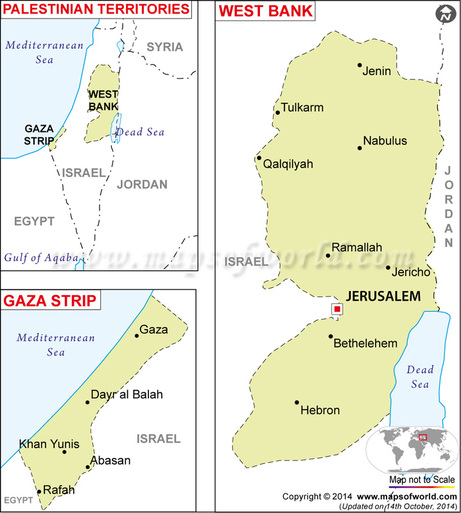
Here are a couple of resources I shared with the Texas students last month to help get them started (their pain is your gain!):
YouTube video: Palestine Israel 101: https://www.youtube.com/watch?v=cZIzRB1T8ug
This 13 minute video will give you a good history of the Palestinian conflict in a fairly unbiased manner (which isn't entirely easy to find). You need to have some background on this conflict before you can research the opposing views. Taking the 13 minutes to view the video will give you a starting point for your research--about mid-way through they even give bullet points for each side's argument...take note of those points and then see what research you can find to support each side's position. Remember to tell me what your sources are. The video also suggests what it feels is an un-biased resolution (although not everyone may agree with it). We are not solving this problem or suggesting a resolution, make sure you are not expressing opinion in these particular essays.
This is a tough topic that many adults would not be able to write about. I promise you, not many young people have any understanding of this topic either. Use it as a learning opportunity. No matter what, you will come away with more information than you started with.
We will be talking about this topic more in depth next week. I will provide an overview of the history, a timeline, and map on the Community Page by Monday. Until then, see what you can find out so we can discuss it together.
The web-site ProCon.org has a side by side comparison of Israeli/Palestinian views. Remember, our question is, "Should the Jews have an established homeland in Palestine?" There are five points on each side. You could take two of the points on each side and see what you can find on-line. Then just talk to me about it in your paper. Exploratory essays are a journal of your research (or personal experiences, if they apply). Pretend we are sitting down and you are telling me what you now know about this issue.
We are going to be finding out in The Chosen that one of the characters supports Zionism (a special homeland for Israel) and one does not (can you guess in advance?) and talking more about this incredibly complicated issue at our next class.
Only two more exploratory essays to go and we break for the calendar year! "See" you next week!
Rhyme Time
Frank Beginnings
City on a HillWhile he was conquering his empire Clovis became a Christian, which he then forced onto his people. His thought was that when a people are united in one religion it is less likely that they will attack each other. He also established a capital city, built on a hill by the river Seine. This city is now called Paris. Finally, like Justinian, he unified the laws into one code that everyone knew and followed. Some of the laws sound quite silly, such as “If a man calls another man ‘Fox’ or ‘Hare’ he will have to pay 120 denars.” It was against the law to call anyone names! For all of Clovis’s efforts some of the tribes still didn’t want to live close to each other. The empire was united, but not very peaceful. |
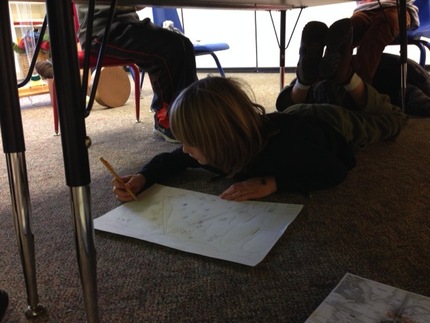
Mapwork for the Kingdom of the Franks
- Color the Mediterranean Sea and the Atlantic Ocean blue.
- Color the North Sea and the Baltic Sea blue.
- Underline the word “Allemanni” in yellow.
- Underline the word “Burgundians” in pink.
- Underline the work “Franks” in light blue.
- Clovis united all three tribes into one empire. Outline the territory of the Frankish Kingdom in dark blue to show the unification.
The Stellar Universe
We then moved to a rather disturbing (for some), yet fascinating look at proportion, size and space. I did warn the students that it would certainly make them think, however, they needed to keep in mind that it was an internet based article that had not been validated. Some of the students wanted the opportunity to view the images on their own computers, so here is the website.
Centaur Rocket Launch Attempt!
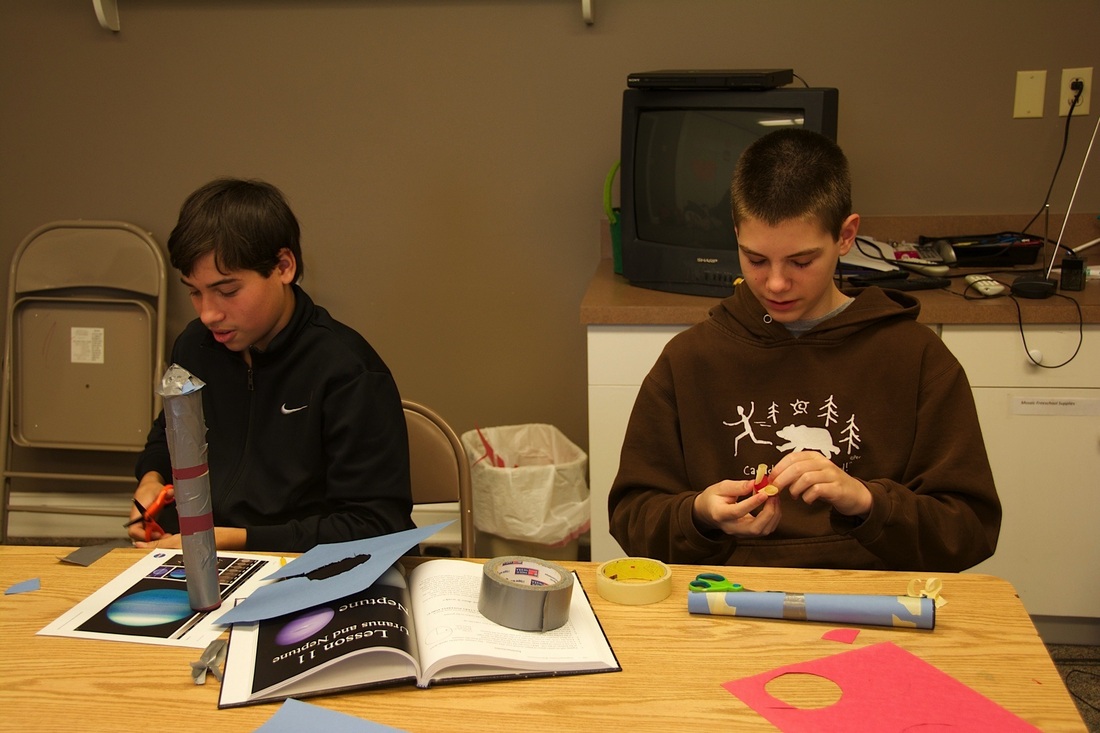
I began talking to the students about their final quiz show which will take place during our last class. I highly recommended that they begin preparing now rather than waiting. To begin with, they should start answering the questions on pages 163-165 of the notebook. For students that do not have the notebook, I will bring copies to class next week.
Categories
All
Afternoon Enrichment
Closures
Clubs
Early Elementary
Mosaic Texas
Odyssey Of The Mind
Out Of This World
Philosophy
Tesserae Fall 2012
Tesserae Fall 2013
Tesserae Fall 2014
Tesserae Spring 2013
Tesserae Spring 2014
Tesserae Spring 2015
Tesserae Spring 2016
Archives
May 2016
April 2016
March 2016
February 2016
June 2015
May 2015
April 2015
March 2015
February 2015
January 2015
December 2014
November 2014
October 2014
September 2014
July 2014
June 2014
May 2014
April 2014
March 2014
February 2014
January 2014
December 2013
November 2013
October 2013
September 2013
July 2013
May 2013
April 2013
March 2013
February 2013
January 2013
December 2012
November 2012
October 2012
September 2012
August 2012

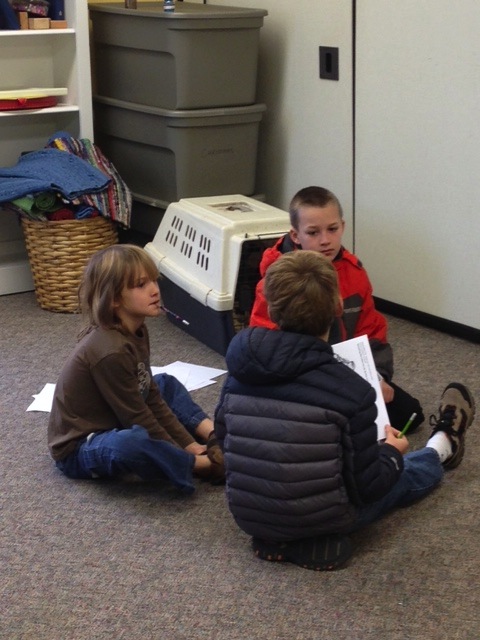
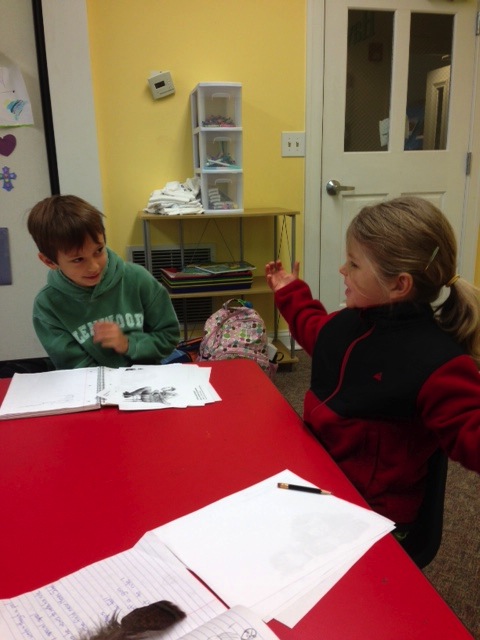

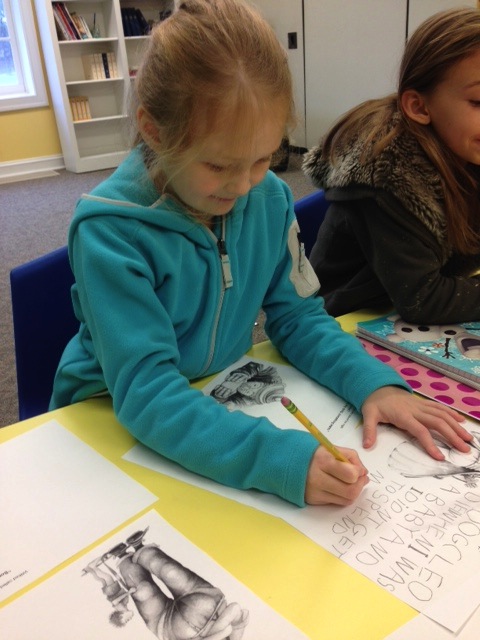

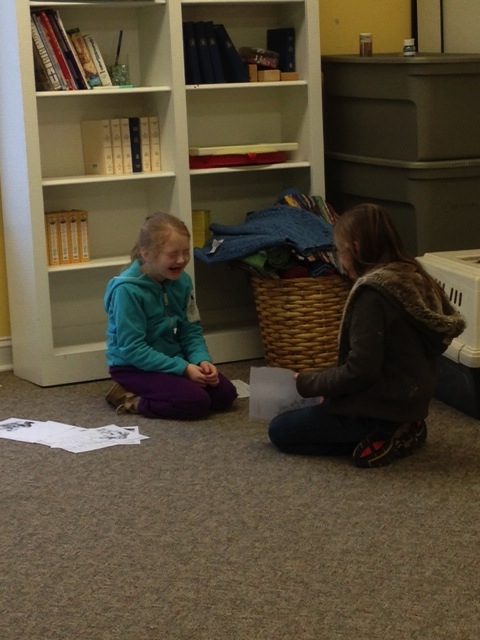

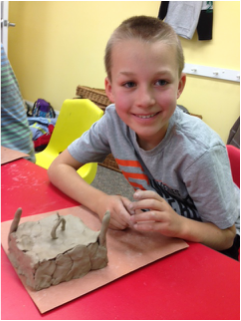


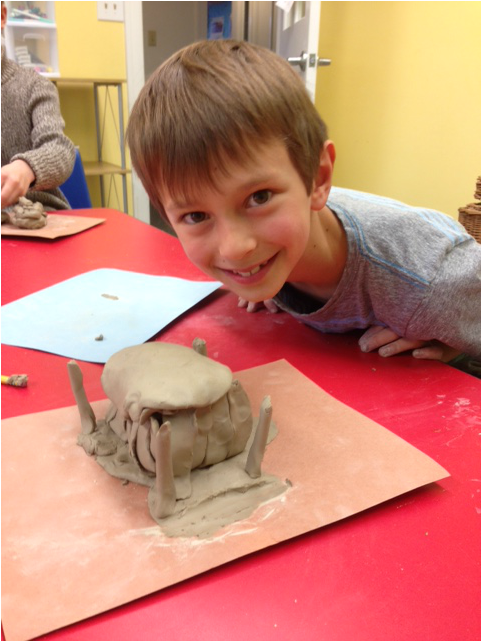
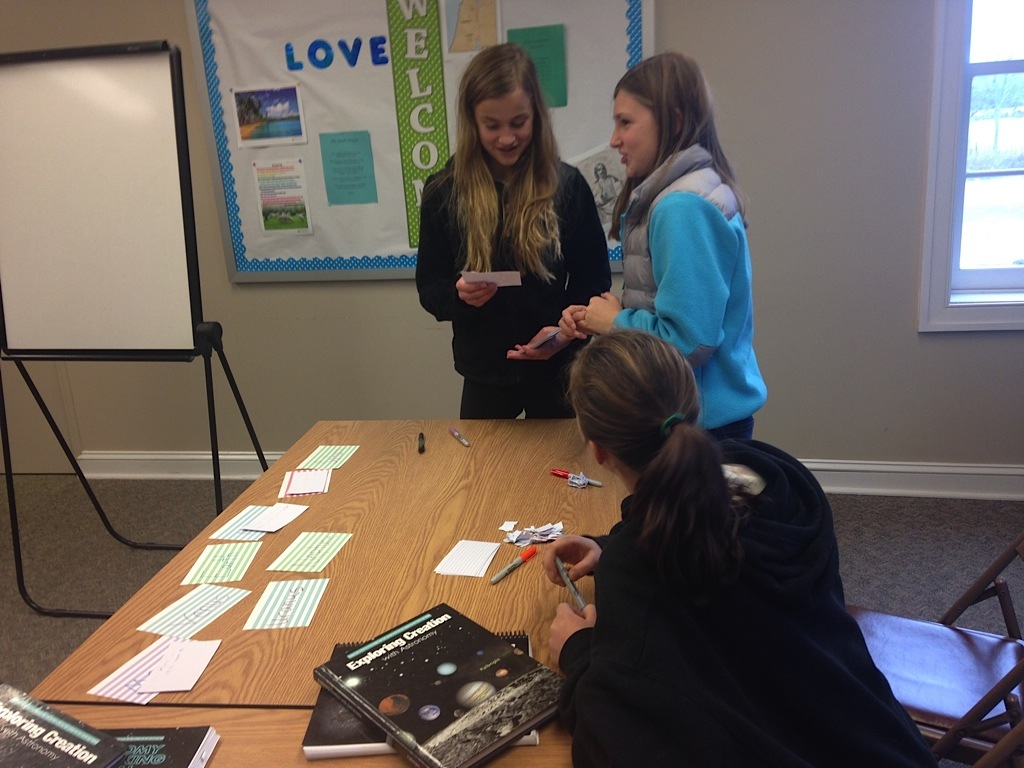
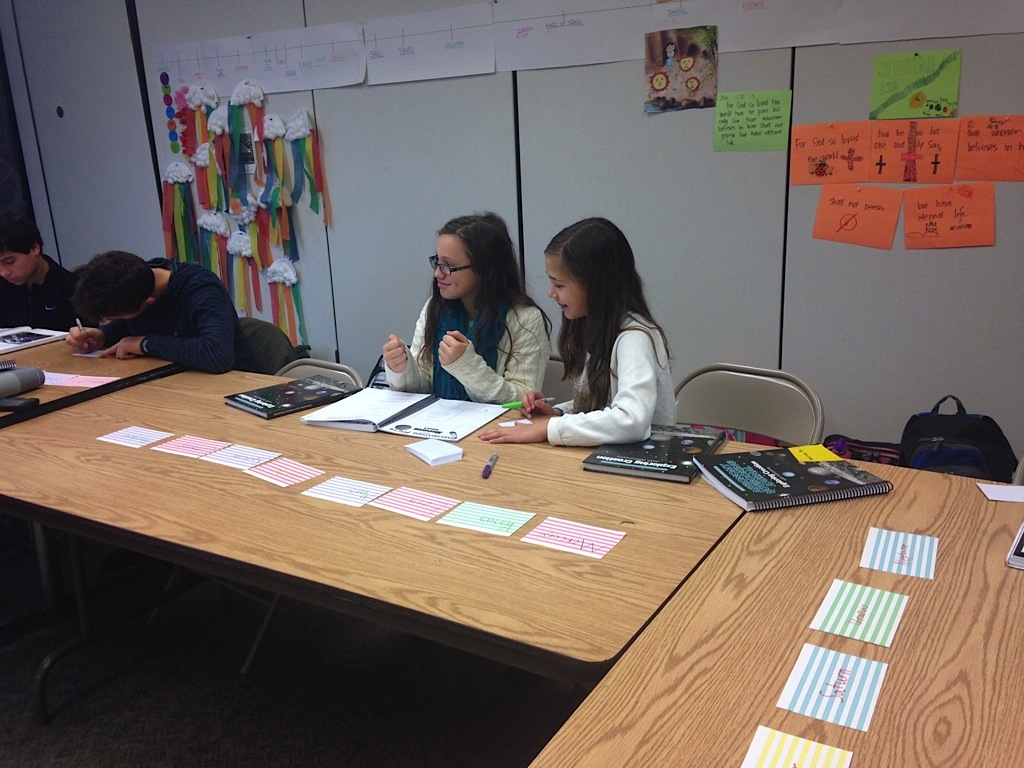
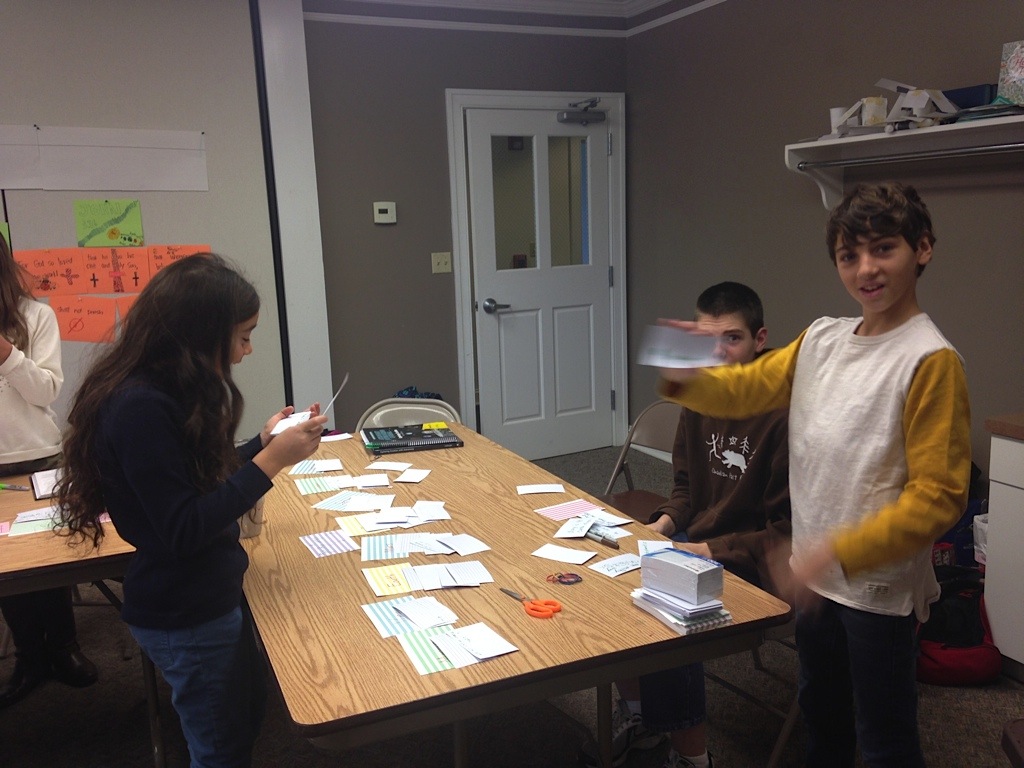
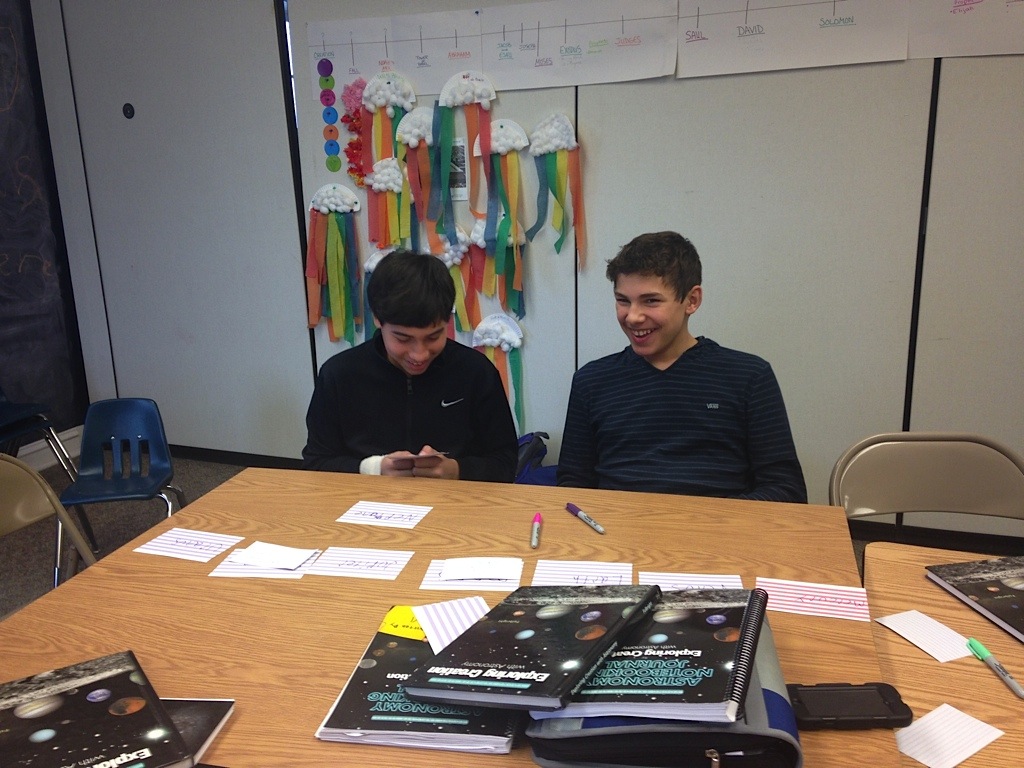
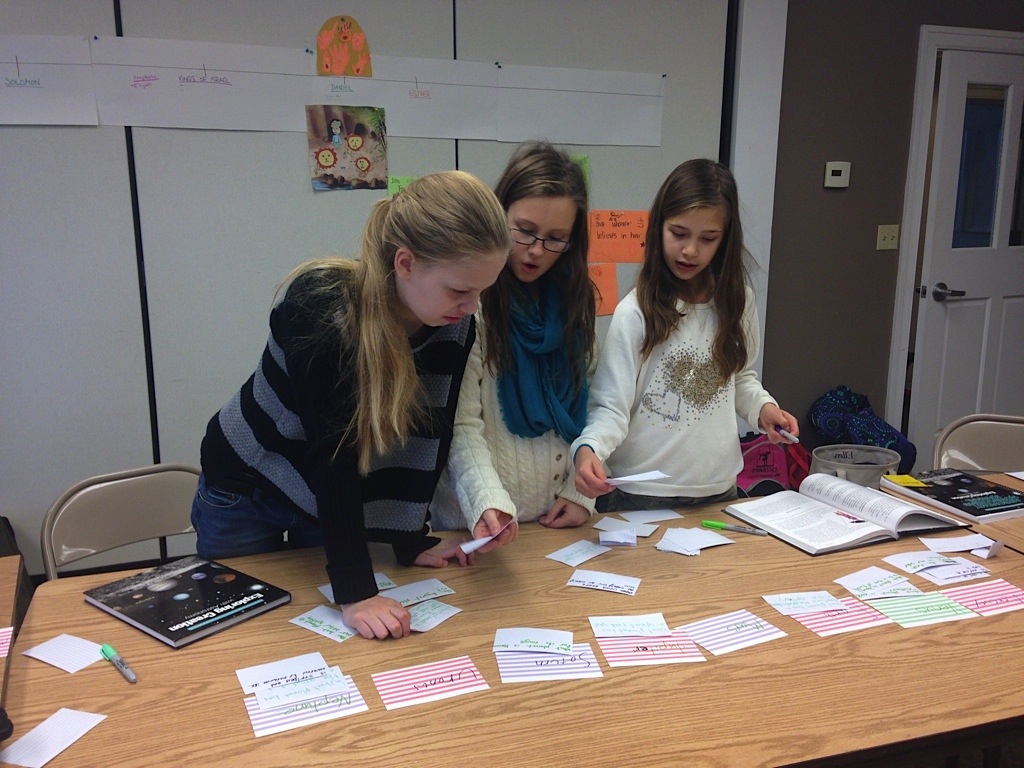
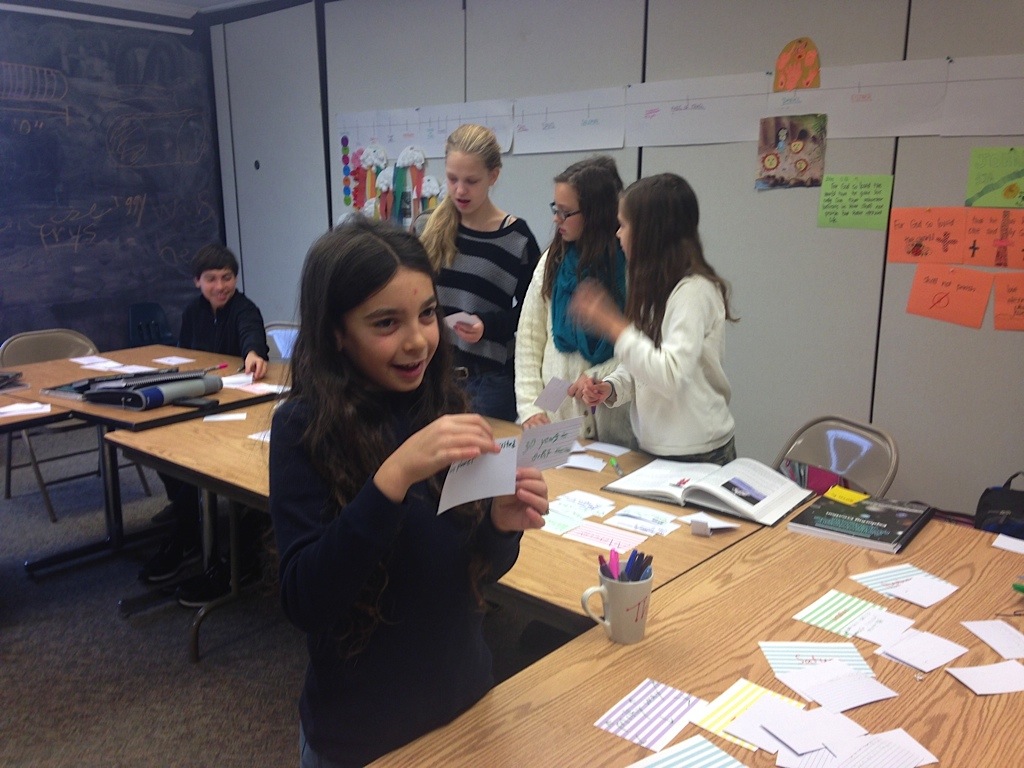
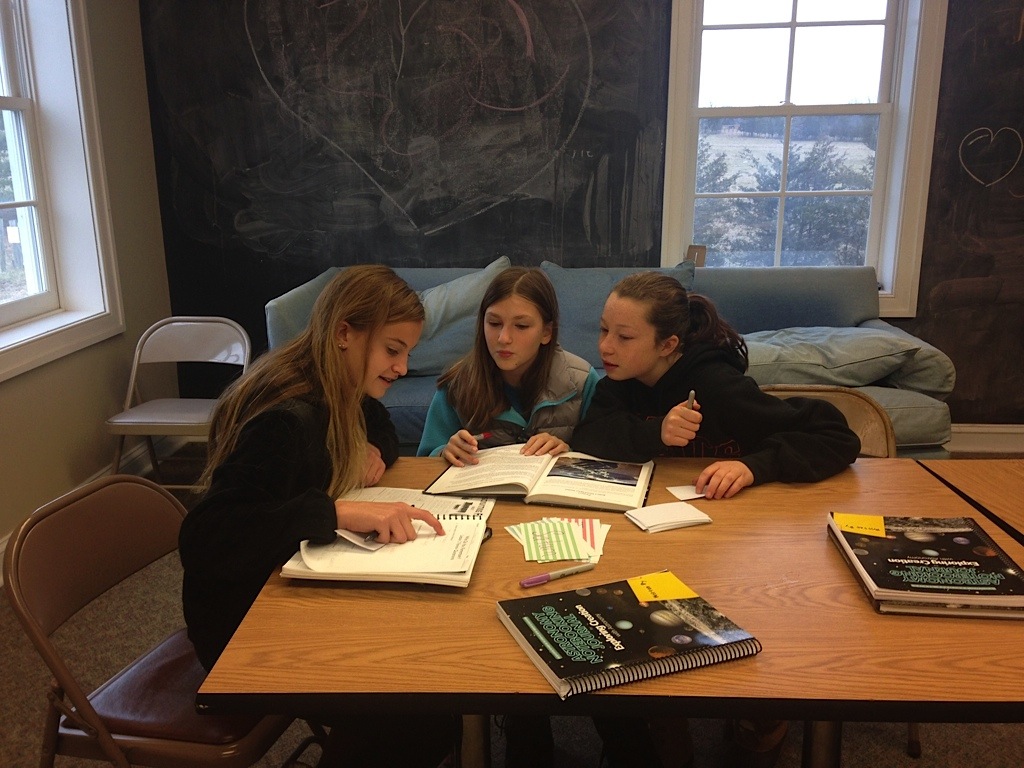
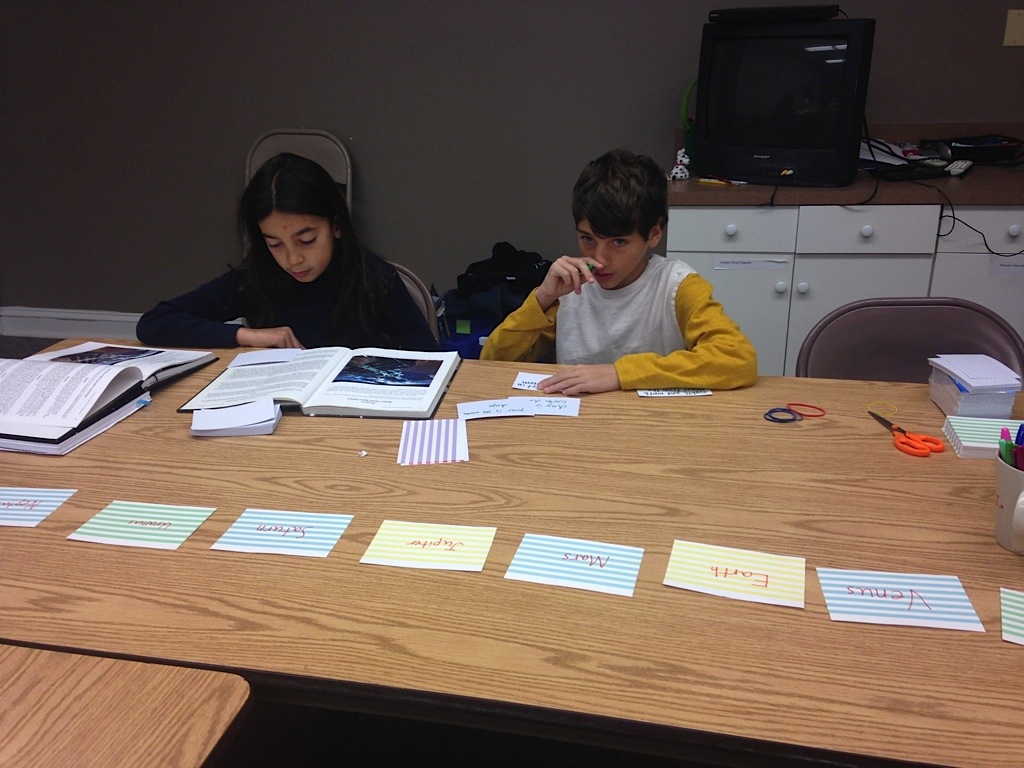


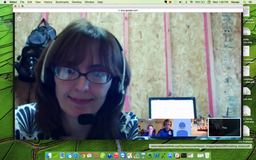
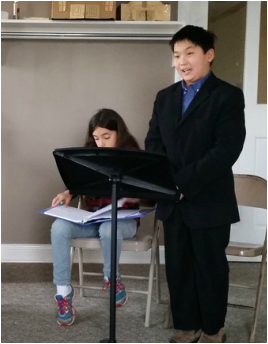
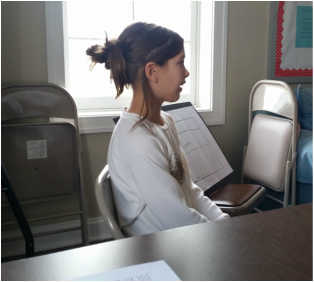
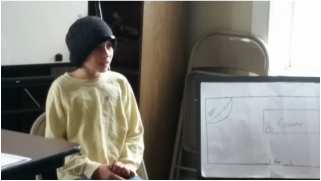
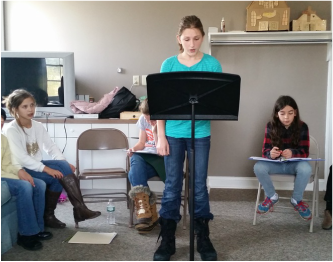
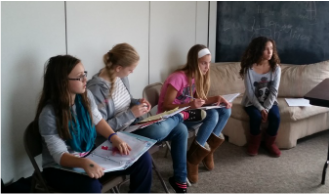
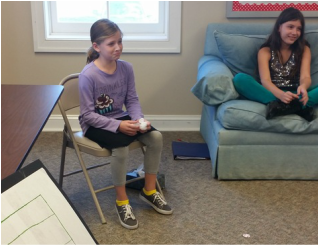
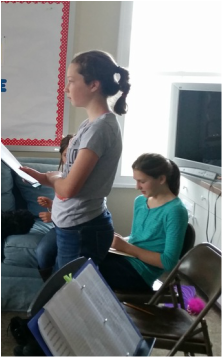
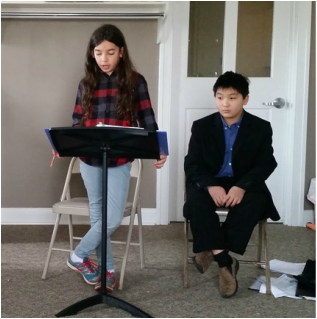
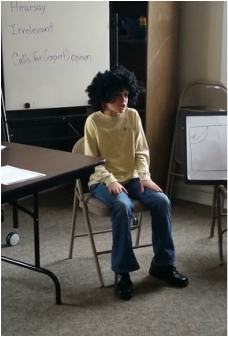
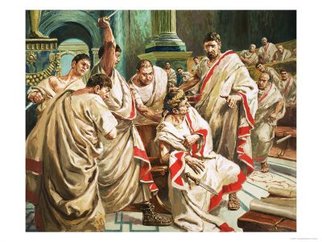
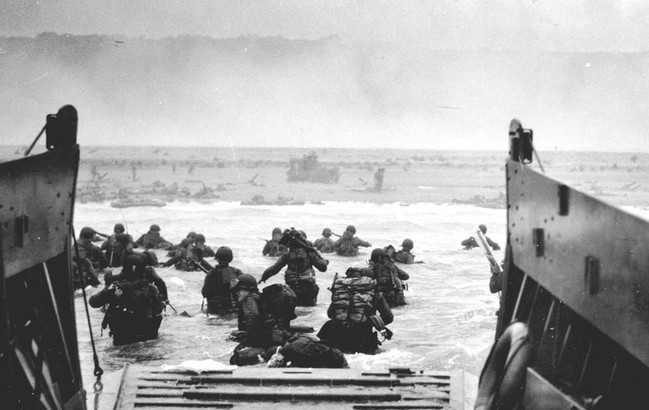
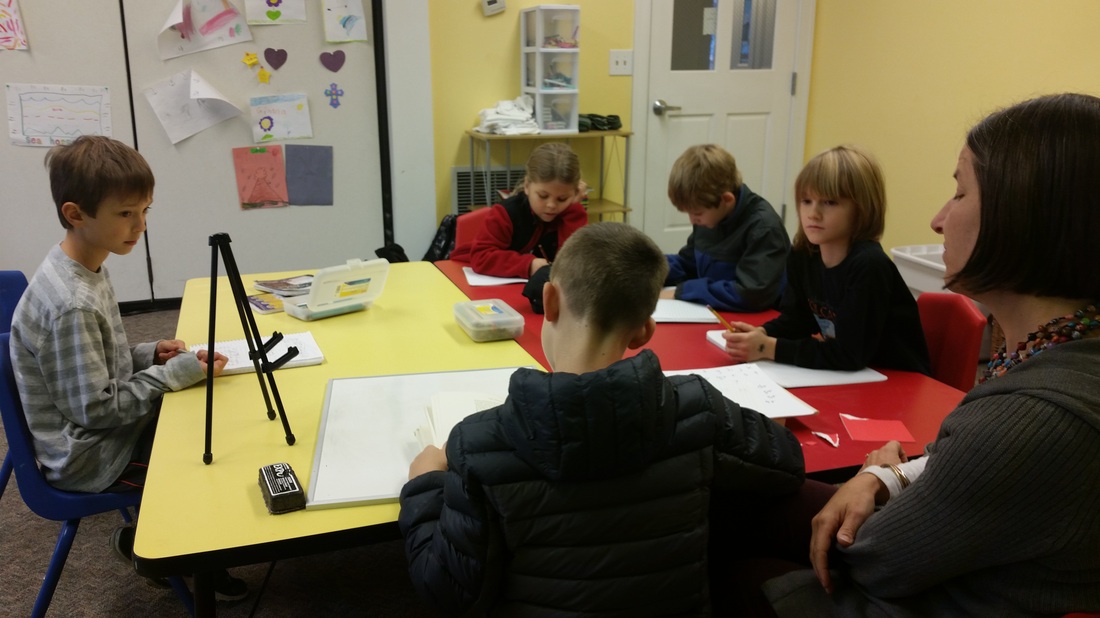
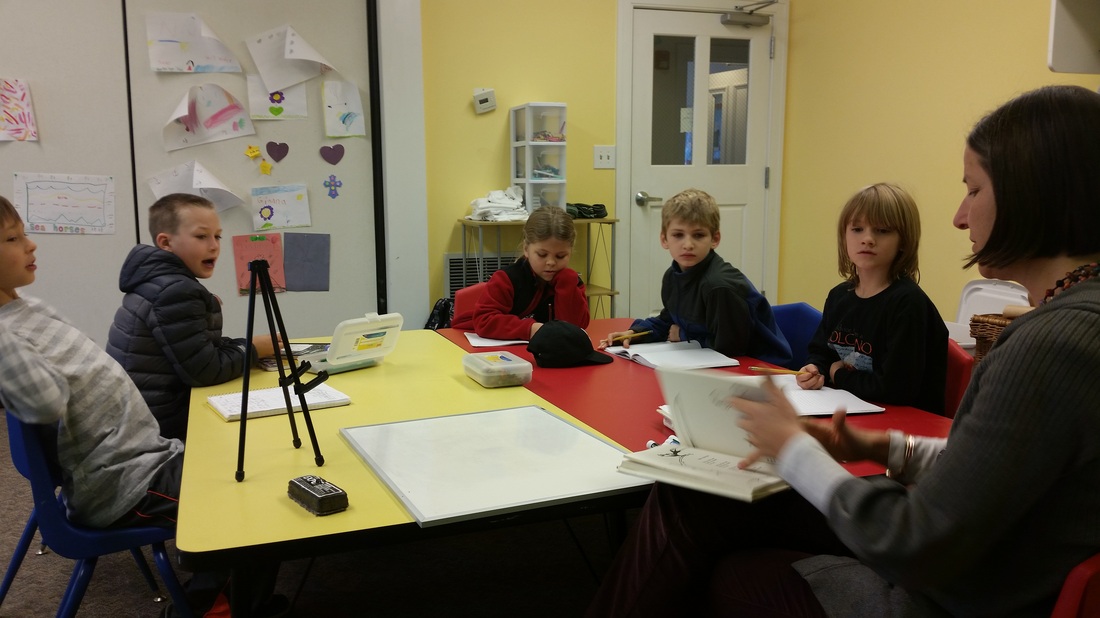
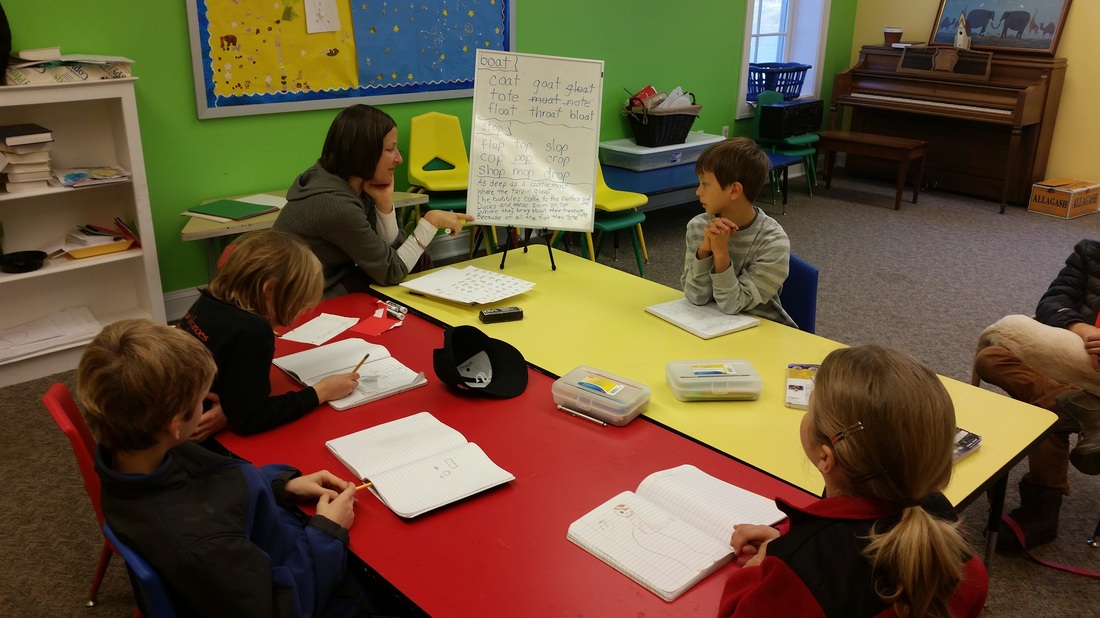

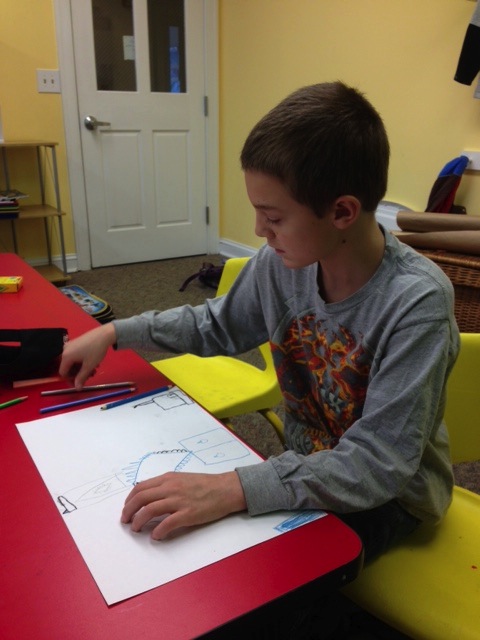
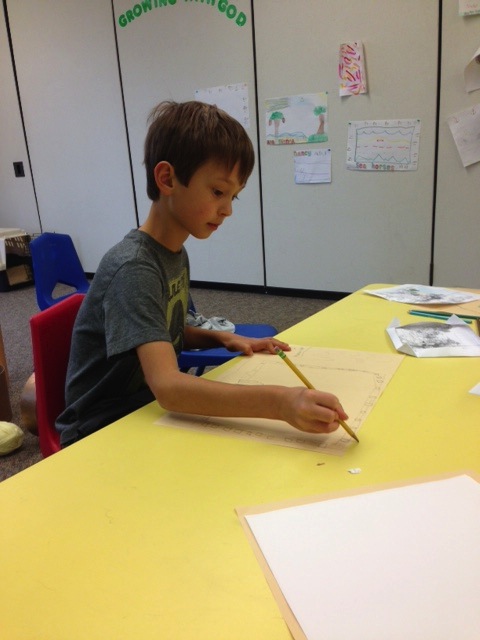
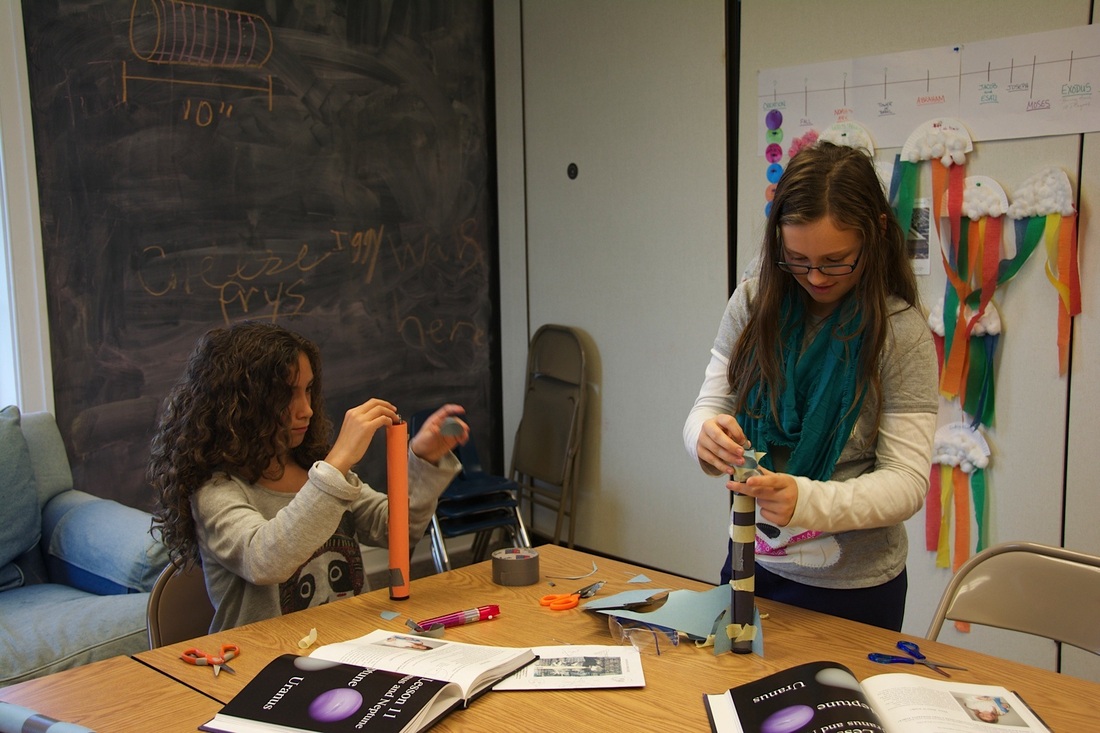
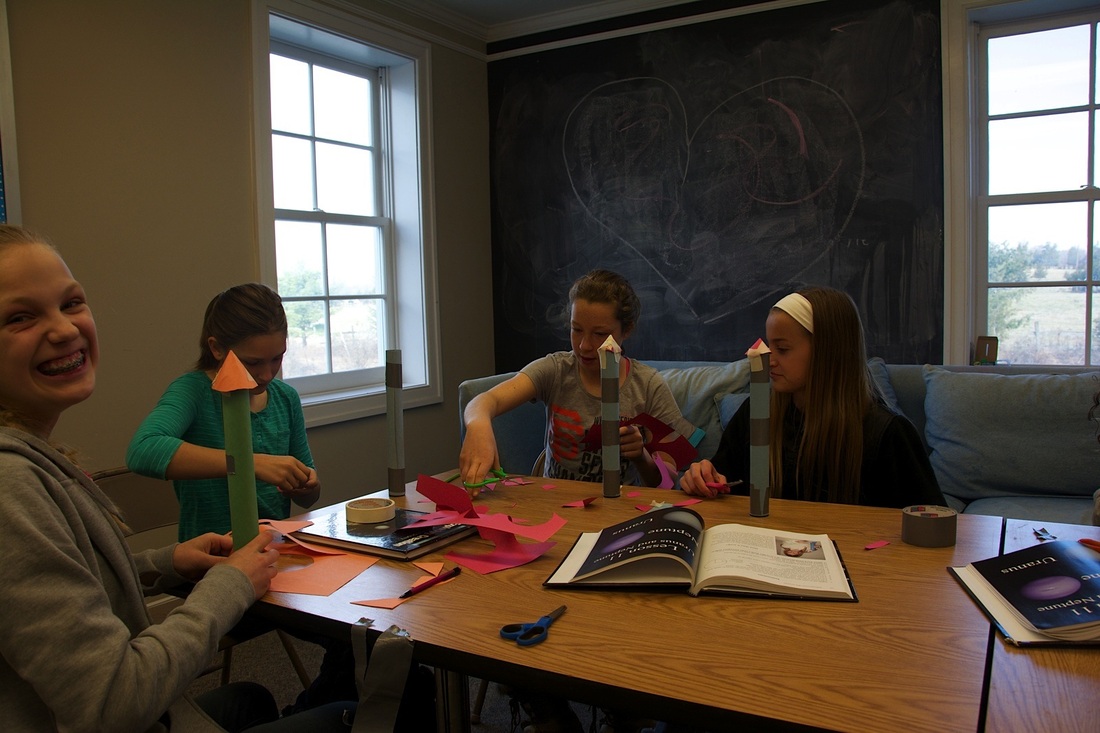
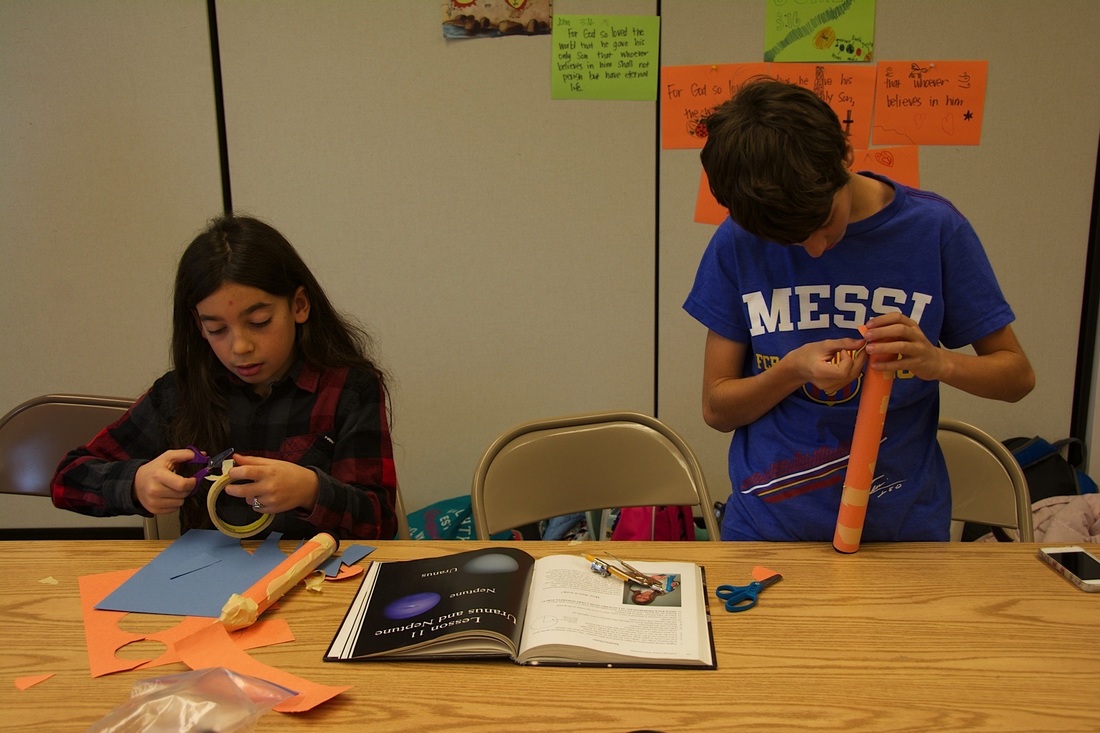

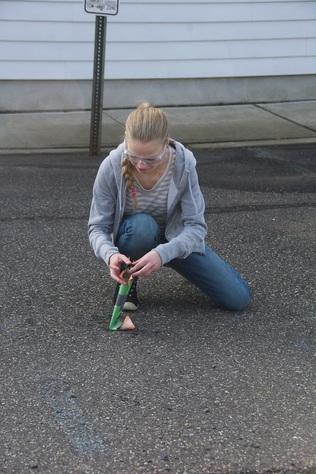

 RSS Feed
RSS Feed